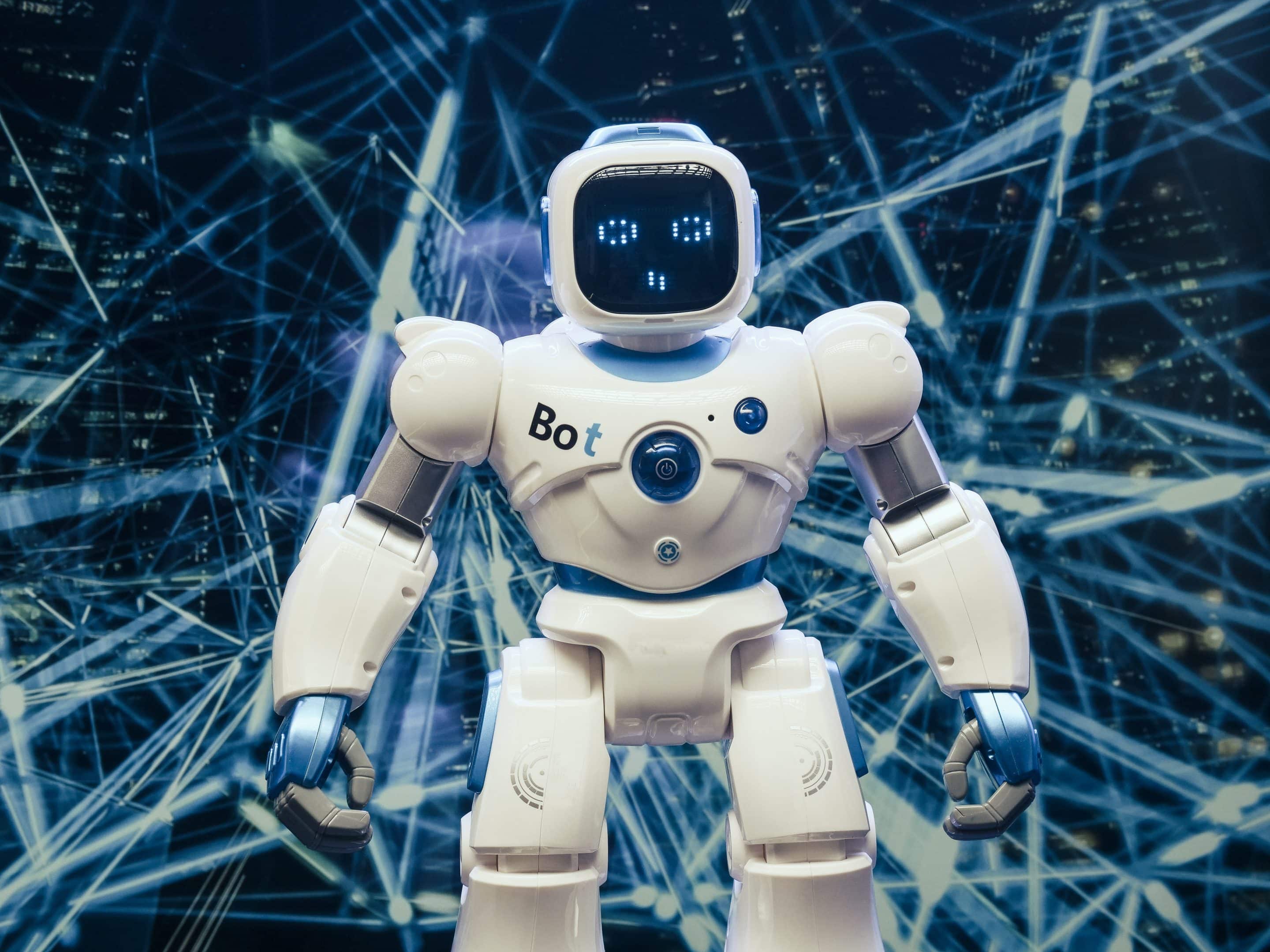Artificial Intelligence (AI) is transforming every industry, and marketing is no exception. The use of AI in marketing is not new, but the technology is advancing rapidly, and its impact is becoming more evident. With AI, marketers can analyze massive amounts of data, personalize marketing campaigns, and optimize customer experiences. Let’s explore the future of AI in marketing and its potential to revolutionize the industry.
Personalization at Scale
Personalization is a key aspect of effective marketing. Consumers are bombarded with messages every day, and they are more likely to engage with brands that speak directly to them. AI is making it possible to personalize marketing at scale. By analyzing customer data, AI can predict a customer’s preferences and behavior and tailor marketing messages accordingly. This leads to higher engagement rates, increased customer loyalty, and ultimately, higher sales.
For example, an AI-powered email marketing campaign can analyze a customer’s past purchases, browsing behavior, and demographic information to create personalized recommendations. AI can also predict the best time to send emails to maximize open and click-through rates.
Chatbots and Conversational Marketing
Chatbots and conversational marketing are another area where AI is making a big impact. Chatbots are AI-powered tools that can interact with customers in a conversational way. They can answer questions, provide product recommendations, and even complete purchases. This technology is becoming increasingly popular, with more and more brands incorporating chatbots into their marketing strategies.
Chatbots provide a personalized experience for customers, allowing them to interact with a brand in a conversational way. They are available 24/7, making it easy for customers to get the help they need, when they need it. Chatbots can also help businesses save time and money by automating customer service tasks.
Visual and Voice Search
Visual and voice search are becoming more common, and AI is making it easier to optimize marketing campaigns for these types of searches. Visual search allows customers to search for products using images, while voice search allows customers to use their voice to search for products. AI can help optimize images and product descriptions to improve search results.
Voice search is becoming more popular with the rise of virtual assistants like Amazon’s Alexa and Google Home. These devices are becoming more advanced, allowing customers to make purchases using their voice. AI can help businesses optimize their product descriptions and create conversational marketing campaigns that are tailored to voice search.
AI-Powered Advertising
AI is also transforming the way businesses advertise. Programmatic advertising, which uses AI to automate the buying and selling of ads, is becoming more popular. Programmatic advertising allows businesses to target specific audiences with personalized messages. AI can analyze customer data to identify the best channels to reach a target audience and optimize ad spend for maximum ROI.
AI can also analyze ad performance in real-time and make adjustments to improve results. For example, if an ad is not performing well, AI can adjust the targeting or messaging to improve results.
AI is transforming the marketing and advertising industry, providing businesses with new ways to reach and engage with customers. Personalization at scale, chatbots and conversational marketing, visual and voice search, and AI-powered advertising are just a few of the ways that AI is changing the industry. As the technology advances, we can expect to see even more innovative uses of AI in marketing and advertising. Businesses that embrace AI will have a competitive advantage in the market, and those that do not risk falling behind.

